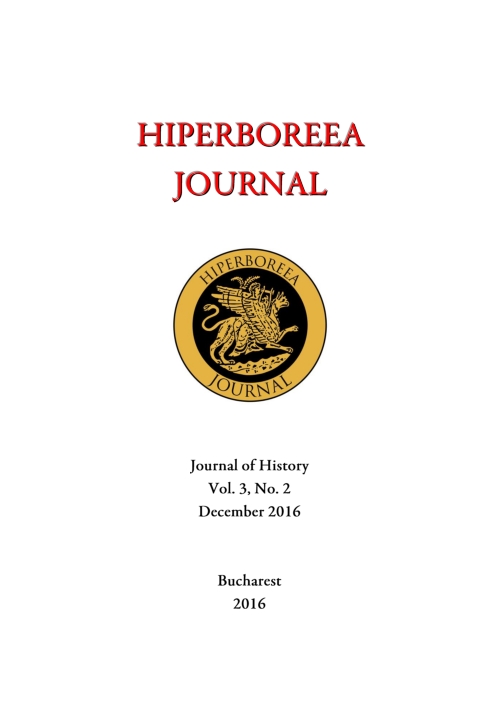Regime Change and Shifting Modernization Patterns: Professional Trajectories in the Field of Psychology during the Twentieth–Century Romania
Regime Change and Shifting Modernization Patterns: Professional Trajectories in the Field of Psychology during the Twentieth–Century Romania
Author(s): Maria Camelia Zavarache Subject(s): History
Published by: Asociația de Istorie Balcanică
Summary/Abstract: Throughout the 19th and the 20th century the modernization process that Romania has undergone has revolved around two major poles, the Western pattern of development, and the Soviet one that has been enforced at the end of the Second World War. The regime change experienced after 1945 has shown however that the new leaders needed to rely on some of the existing administrative, technical and scientific cadres in order to implement the new political, social and cultural programme. The careers of Alexandru Roşca and Mihai Beniuc, two psychologists that have been trained in Western Universities and worked at the Institute of Psychology in Cluj, followed the same path that the country was on. Having manifested clear left-wing sympathies during the interwar period, they have managed to maintain their professional status and even gained access to important political positions; therefore, they have contributed to the implementation of two consecutive modernization projects.
Journal: Hiperboreea
- Issue Year: 3/2016
- Issue No: 2
- Page Range: 165-186
- Page Count: 22
- Language: English
- Content File-PDF

